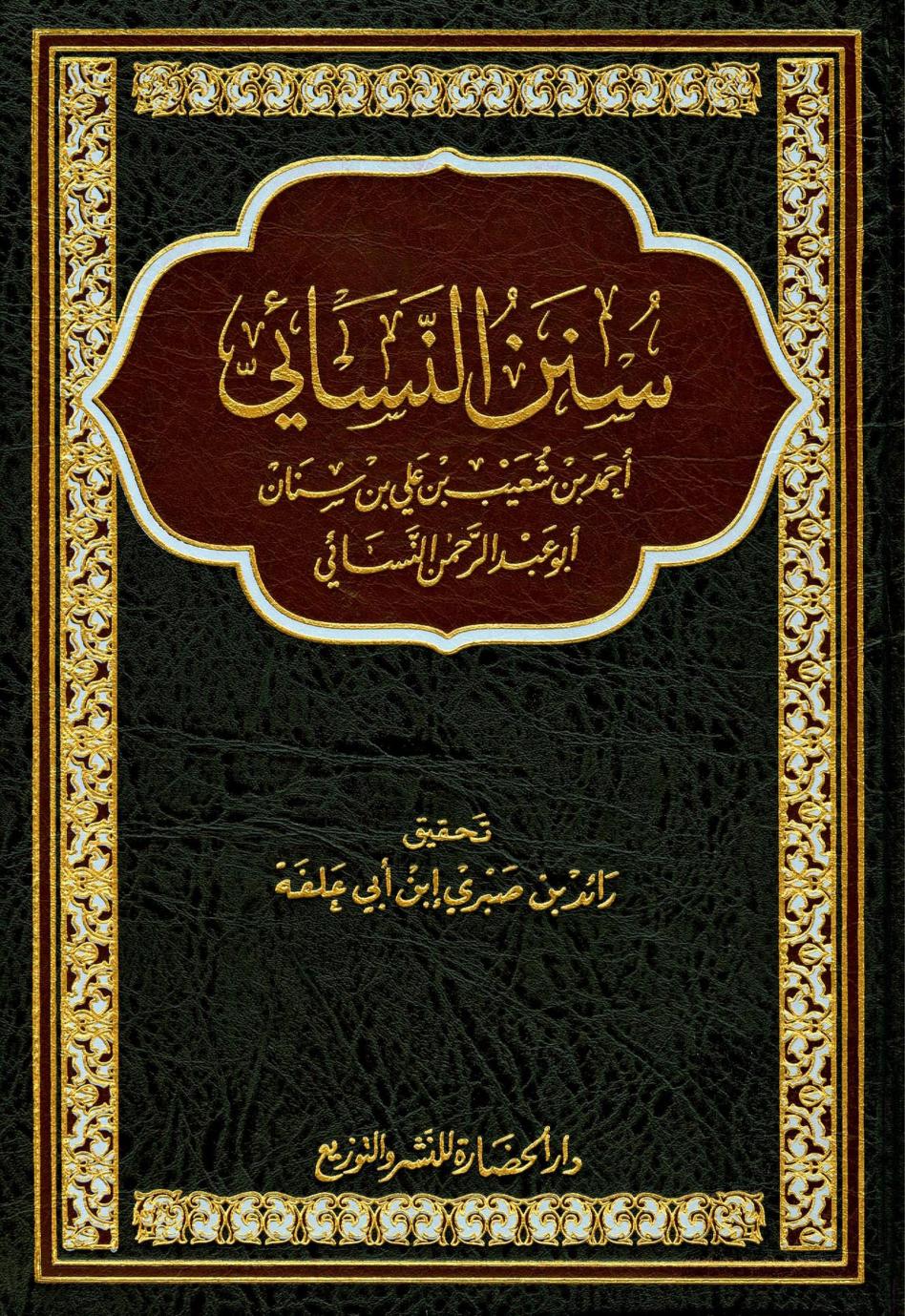


Smart Quran & Hadith Search
You can use this search to find anything in the Quran in Arabic, Urdu, or English.To search Hadith, use the toggle button below to switch modes.

سُنَنُ النَّسَائِيِّ
✍️ الإمام أحمد بن شعيب النسائي
📄 ابواب کی تعداد: 340
📘 احادیث کی کل تعداد: 34,373
کتاب: اذان سے متعلق احکام و مسائل
Book on Adhan (Call to Prayer): Rules and Matters
أَخْبَرَنَا عَلِيُّ بْنُ حُجْرٍ قَالَ أَنْبَأَنَا إِسْمَعِيلُ قَالَ حَدَّثَنَا يَحْيَى بْنُ عَلِيِّ بْنِ يَحْيَى بْنِ خَلَّادِ بْنِ رِفَاعَةَ بْنِ رَافِعٍ الزُّرَقِيُّ عَنْ أَبِيهِ عَنْ جَدِّهِ عَنْ رِفَاعَةَ بْنِ رَافِعٍ أَنَّ رَسُولَ اللَّهِ صَلَّى اللَّهُ عَلَيْهِ وَسَلَّمَ بَيْنَا هُوَ جَالِسٌ فِي صَفِّ الصَّلَاةِ الْحَدِيثَ
It was narrated from Rifa'ah bin Rafi' that while the Messenger of Allah (ﷺ) was sitting in the row for prayer. The Hadith. [1] [1]With this chain, At-Tirmidhi recorded it (No. 302) and An-Nasai in Al-Kubra (No. 1631). It is the narration about the man who prayed incorrectly, and in it, the Prophet instructed him: Then Tashhad, then say the Iqamah. And they say that the meaning of Tashhad here is call the Adhan. An-Nasai recorded the Hadith with different chains (1054, 1137, 1314,1315). Whereas the wording narrated by At- Tirmidhi, and the author in Al-Kubra, mentions what the author mentioned in the chapter, the other cited versions that An-Nasai in this hook quoted do not. So it is as if he narrated the chain here for Hadith, indicating the same version that At-Tirmidhi narrated, and he himself in Al-Kubra, but he did not want to narrate the actual text here. Abu Dawud also narrated it with the order for the Adhan and Iqamah, through a different route of transmission (No. 861). And it is among the proofs used for the view that the Adhan and Iqamah are obligatory - since it has been ordered in the Hadith of the one who prayed incorrectly.
حضرت رفاعہ بن رافع رضی اللہ عنہ سےروایت ہے کہ ایک دفعہ رسول اللہ صلی اللہ علیہ وسلم نماز کی صف میں بیٹھے ہوئے تھے…… الحدیث۔